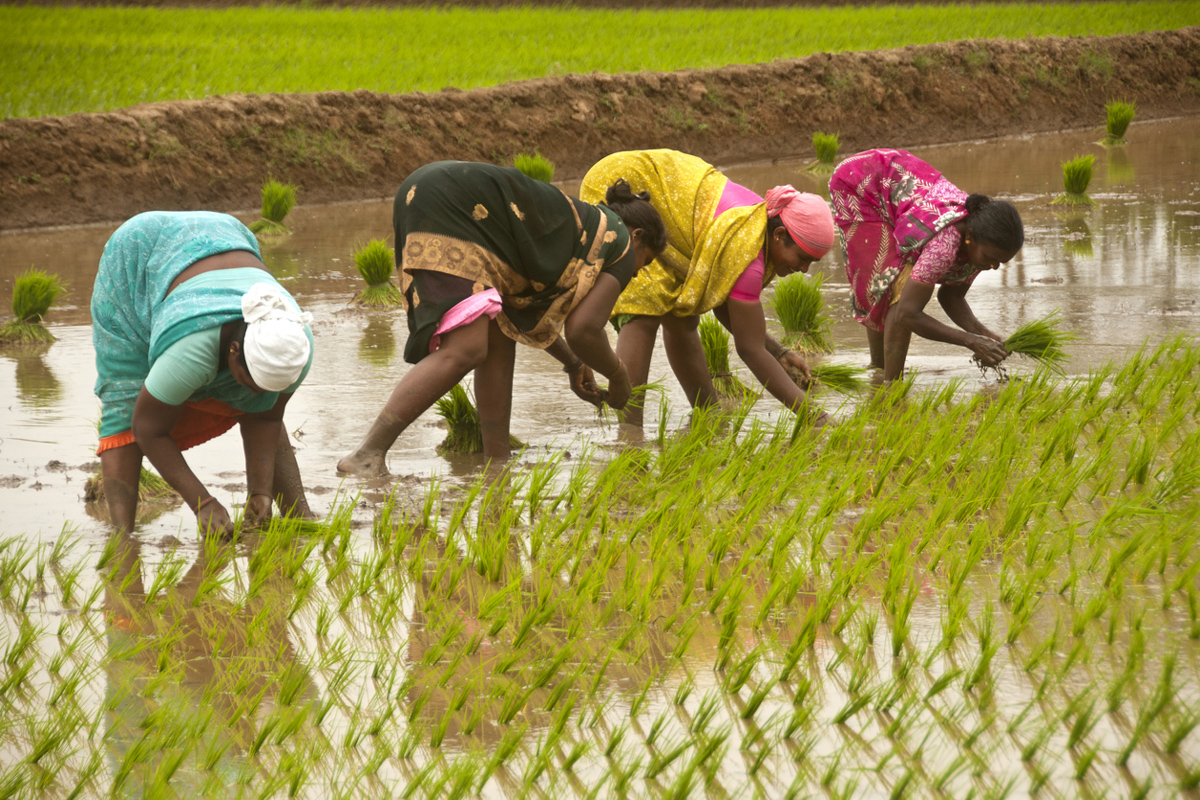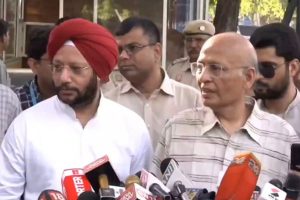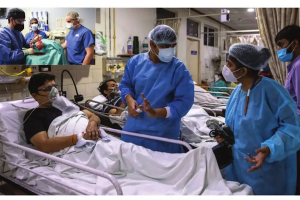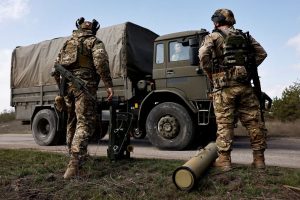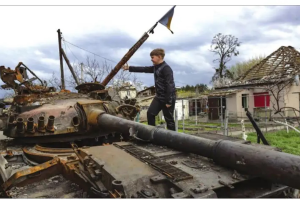In a move to increase the participation of women farmers in the agriculture sector, the Centre has asked all state governments and other implementing agencies to spend at least 30 % of funds of agriculture welfare schemes to women farmers.
These schemes include Support to State Extension Programmes for Extension Reforms, National Food Security Mission, National Mission on Oilseed and Oil Palm, National Mission on Sustainable Agriculture, Sub-Mission for Seed and Planting Material, Sub-Mission on Agricultural Mechanization and Mission for Integrated Development of Horticulture, said a senior officer of the Agriculture Ministry here on Tuesday.
The Department of Rural Development, Ministry of Rural Development had already launched a scheme ‘Mahila Kisan Sashaktikaran Pariyojana (MKSP)’ with the objective to empower women by making systematic investments to enhance their participation and productivity, as well as create sustainable livelihoods for rural women.
Further to familiarize women with the latest techniques in agriculture and allied sectors, training is being imparted to women farmers under schemes of DA&FW (Department of Agriculture and Farmers Welfare) through National Training Institutes, State Agricultural Management & Extension Training (SAMETIs), Krishi Vigyan Kendras (KVKs) and State Agricultural Universities (SAUs), across the country.
Under DAY-NRLM, training on agroecological practices is being provided through community resource persons. KVKs established by Indian Council Agricultural Research (ICAR) impart training to farmers including women farmers on various aspects of agriculture and allied sectors.
The government is also providing additional support and assistance to women farmers, over and above the male farmers under few schemes. It has kept a separate provision of 30% of funds for women under various beneficiary oriented schemes. It has taken pro-women initiatives such as supporting farm women’s food security groups and undertaken macro/micro-level studies in critical thrust areas related to women in agriculture.

